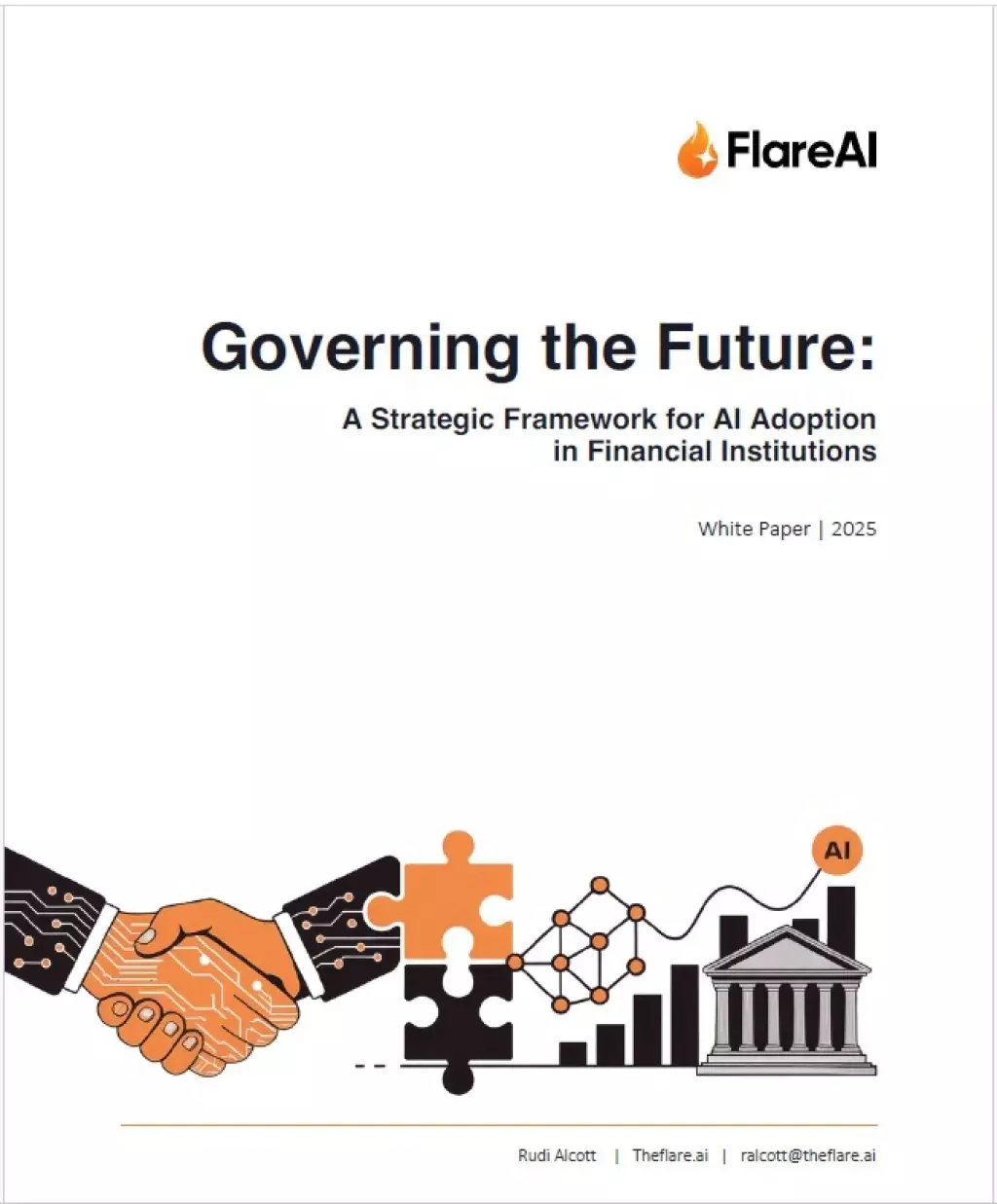Illinois Set to Regulate AI Therapy Chatbots with New Bill
Illinois is poised to become the first state to regulate artificial intelligence (AI) tools in mental health care, as stated in a press release. The Wellness and Oversight for Psychological Resources (WOPR) Act, also known as House Bill 1806, has passed the Illinois General Assembly unanimously and now awaits the signature of Governor J.B. Pritzker.
The WOPR Act sets a national precedent by prohibiting unlicensed AI chatbots from providing or advertising therapy services to the public. This legislation aims to ensure that mental health care is delivered by trained professionals rather than unregulated AI technologies. The bill responds to the increasing use of AI-driven "therapy" apps, which are often marketed to vulnerable groups such as youth and underserved communities without proper oversight or adherence to privacy laws like HIPAA.
Under the new legislation, AI can be used for administrative or research purposes but is restricted from interacting directly with clients or delivering therapy. The bill's name, WOPR, is inspired by the fictional supercomputer in the 1983 film WarGames, symbolizing the importance of ethical considerations in AI applications. Kyle Hillman, Director of Legislative Affairs for NASW-Illinois, emphasized that the act is not a ban on AI but a call for innovation grounded in ethics, especially in mental health care.
We hope you enjoyed this article.
Consider subscribing to one of our newsletters like Life AI Weekly, AI Policy Brief or Daily AI Brief.
Also, consider following us on social media:
More from: Life Sciences
More from: Regulation
Subscribe to Life AI Weekly
Weekly coverage of AI applications in healthcare, drug development, biotechnology research, and genomics breakthroughs.
Whitepaper
Governing the Future: A Strategic Framework for AI Adoption in Financial Institutions
This whitepaper explores the transformative impact of artificial intelligence on the financial industry, focusing on the governance challenges and regulatory demands faced by banks. It provides a strategic framework for AI adoption, emphasizing the importance of a unified AI approach to streamline compliance and reduce operational costs. The document offers actionable insights and expert recommendations for banks with fewer than 2,000 employees to become leaders in compliant, customer-centric AI.
Read more
